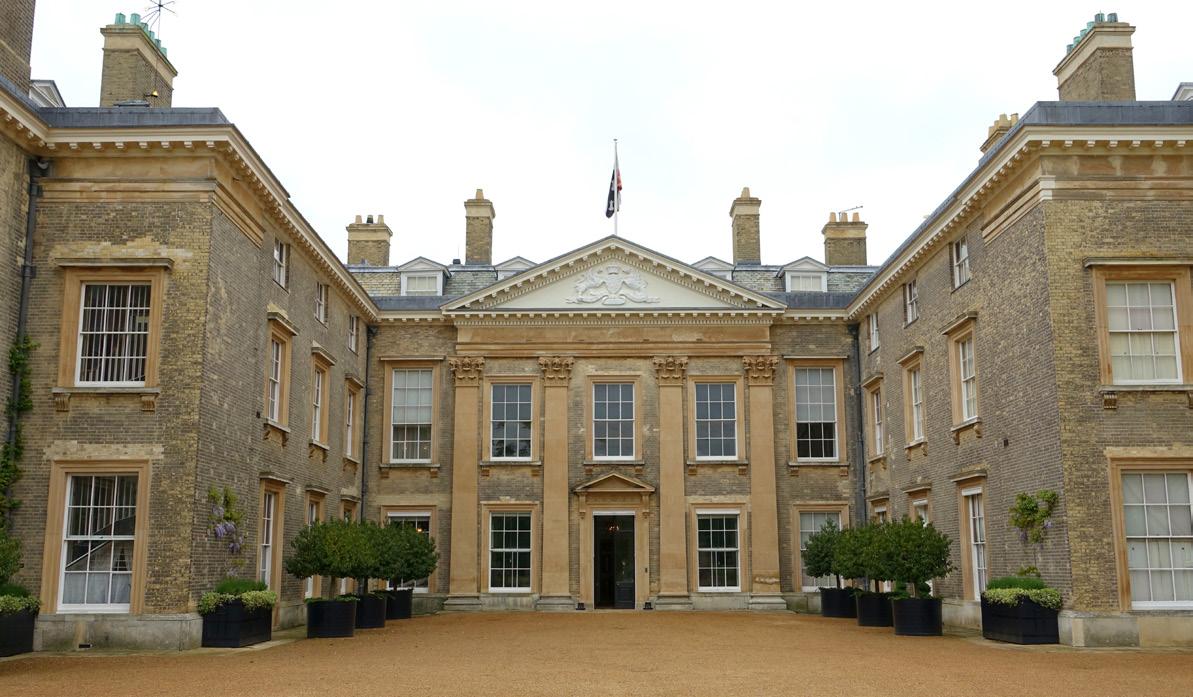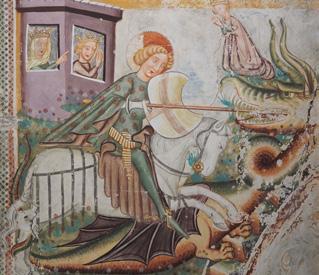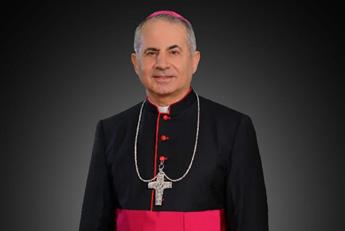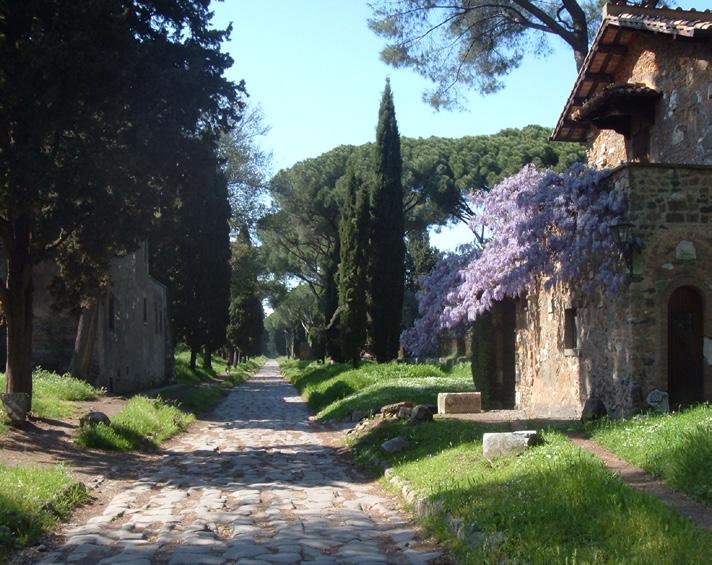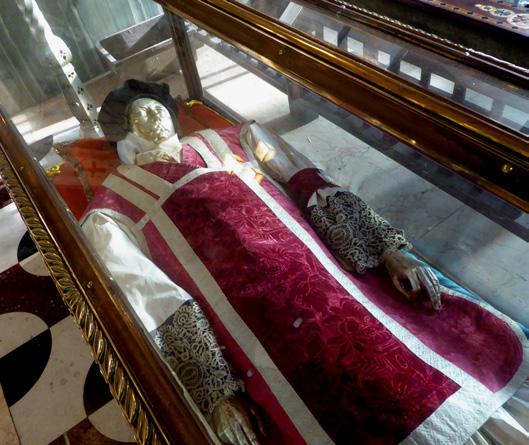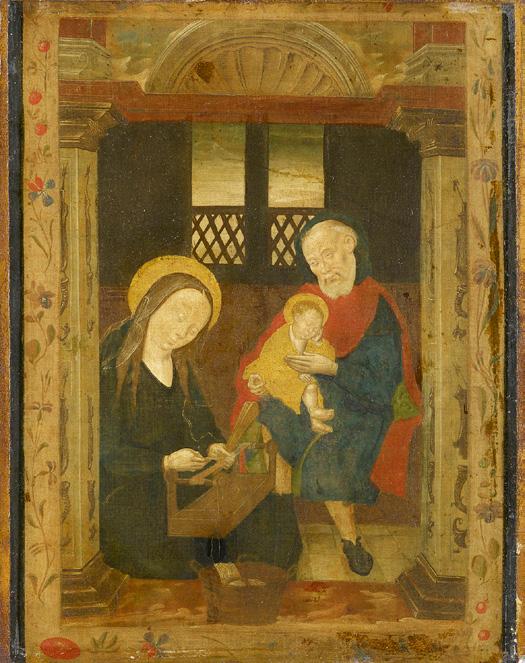WHERE ARE WE GOING?
The New Sunday Normal – The Administrator Writes Fr Sławomir Witoń
Many of us have our own Via Appia, our own well-trodden escape route, in the face of difficulties in the family or at work; through very complex relationships; when buffeted by temptations; or at times of terrible loneliness or boredom. Many of us just want to run away, to escape or to console ourselves, sometimes with consolations we later regret, which may cause us guilt and remorse. On such an escape route, sooner or later, we meet the ‘stranger’. Yes, he appears to us, going to the very place from which we are running away. He meets us as we travel down the wrong road. To those of us who are running away from our reality, refusing to face the truth about our lives, past or present, perhaps trying to avoid all suffering, Christ asks us: ‘Quo vadis? Where are you going?’ And he asks us this neither to accuse us nor to judge us nor to condemn us. No. He confronts us with the question only out of love and concern for us. Christ wants us to walk in the right path, to travel the right road, to journey in the right direction and to keep to the right way. 4
© Kleuske
The 1951 Hollywood movie Quo Vadis? (in technicolour!) was inspired by a novel of the same name by the great Polish writer Henryk Sienkiewicz; some of you might have seen it. Sir Peter Ustinov was memorable as the Emperor Nero, fiddling while Rome was burning. The novel is based on the story of St Peter fleeing Rome to escape the persecution of Christians by Nero. While fleeing, he meets a stranger on the Appian Way, the famous road that leads into the city. Peter said to the stranger: ‘Quo vadis? Where are you going?’ and received the immediate answer: ‘I am going to Rome to be crucified again’. Peter then realised that the stranger was Christ himself, and that he, like the Lord, must also return to Rome, face persecution and so witness to Christ.
On the Appian Way
The love and power of Christ, which stopped Peter in his tracks, turned him round and re-directed his life, can do the very same for us. No matter how set we are in our ways and how confirmed we are in our habits; no matter how impossible it seems to change, the love and power of Christ can triumph in us. What is true for us is true for the Church in general, and it is true for our Cathedral Parish. As we follow the Government’s road map to lead us out of COVID-19 restrictions, we are preparing for the ‘new normal’. Embracing the ‘new’, requires letting go of some of the ‘old’. Practically, for us, it means having to create the new transitional timetable of Masses and services, which includes major changes on Sundays. These changes need to take place due to a number of factors: the need to continue social distancing and the sanitising of the Cathedral after every service, in order to keep
everybody safe; the reduction of the number of Chaplains in the Cathedral; and the changes that took place in the Cathedral Choir School regarding the provision of choral music in the Cathedral. Therefore, as from Easter Sunday, until further notice, Masses on Sundays will be at 8 and 10am, 12 noon, 5.30 and 7pm. Members of the Cathedral Choir will be singing each Sunday at the 12 noon Mass and at Solemn Vespers and Benediction at 4pm. Weekday Mass times will not change, except for the Saturday Vigil Mass, which will return to 6pm. Change is never easy, so we apologise for any inconvenience that these changes may cause you. May I take this opportunity to wish all readers of Oremus every blessing for Easter. May God’s perfect love, revealed in his Risen Son, fill our hearts with hope and joy. Oremus
APRIL 2021

